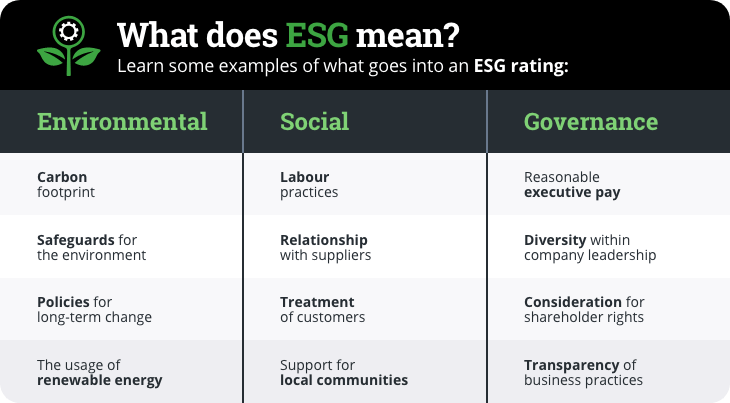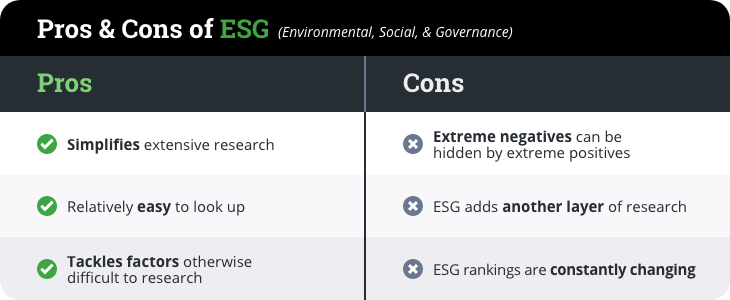The term ‘doing good’ is often associated with giving to charity. However, the greater good is more than just throwing money at a cause. The desire to make the world around us a better place drives how we provide for our family, raise our kids, and treat the people around us. We often even use how we spend our money to help improve the state of the world by making decisions like buying from small businesses, supporting the local arts, or buying fair-trade or ethically-sourced products.
Ethical investing gives us yet another way to make the world a better place, allowing us to leverage our investment portfolios to support the businesses who operate with the greater good in mind.



